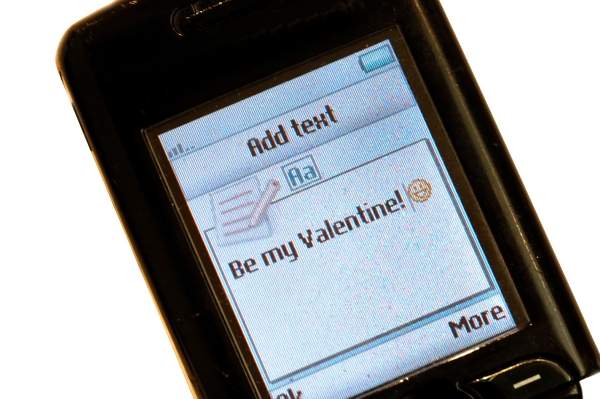
The dangers of texting while driving are well known. Any distraction from the road can cause an increase in accidents. And, unlike other forms of distracted driving, texting is a deliberate act. The driver chooses to communicate via text with someone who is not in the car. Not only does the act of entering words to send to a recipient take one’s eyes off of the road, but the fact that a conversation is going on with someone outside of the present situation takes the driver’s mind off of driving.
Many cities and towns have considered laws outlawing texting while driving. And, most people are in favor of these laws. For everyone’s safety, it seems best to have drivers in control of their cars at all times.
A less well-known problem regarding texting is that of texting while bicycling. When told about this problem, people who don’t ride bicycles will point to examples of reckless riding. They will cite cases where cyclists ride on the sidewalk or run through red lights. And, they will see texting while cycling as just another example of reckless, irresponsible behavior on the part of cyclists.
Cyclists, on the other hand, may see the issue differently. Texting while cycling creates a number of problems unique to cycling. When a cyclist is distracted, his or her safety is compromised in many ways.
By not paying attention, the cyclist could hit a pothole or other road debris. Or, he could ride into the path of an opening car door. In both cases, a crash is highly likely and the risk of injury is greater than that of a texting driver.
Given the high risk of self-injury and possible death, one would think that cyclists would refrain from texting while riding. Unfortunately, the problem is more widespread than one would think.
To reduce the risks associated with texting while cycling, states like Illinois have proposed passing laws to include bicycles among the vehicles whose operators are prohibited from texting while operating their vehicles. The proposed law followed an ordinance passed by the Chicago City Council which banned texting while bicycling in October 2011.
The ordinance prohibits bicyclists from texting while moving. They also can’t make cell phone calls unless using a hands-free device. Fines are $20 for a first offense and go up to $100 for a third or subsequent violation. If an accident is involved, the fine could go as high as $500.
Supposedly, this ordinance was passed for fairness, as well as safety, since drivers had already been banned from texting while driving. Unfortunately, enforcement of the ban on texting while driving is not well enforced anywhere in the U.S. The ban is even less likely to be enforced against cyclists than drivers. However, some cities are determined to combat the problems caused by texting.
In Philadelphia, not only did they crack down on cyclists for running red lights and riding on the sidewalk, but they decided to crack down on pedestrians for texting while walking without looking where they were going.
Before we all start envisioning the Philadelphia police running after texting pedestrians to give them citations, we should make a note of the city’s clarification:
“Pedestrians who text while they walk without looking ahead will also be targeted, but for warnings only… ‘If a Philadelphia police officer observes a driver, cyclist or pedestrian participating in any kind of potentially dangerous behavior, the officer will remind them to be careful,’ the city said in a statement.”
Texting while engaging in other activities can potentially cause injury to others. It should be discouraged to the greatest degree possible. Yet, it’s necessary to question whether specific laws targeting bicycles should be enacted to achieve this end.
How to address this problem is a complex issue. Texting is an integral part of the lives of younger people. It is a way to be in constant contact with others throughout the day. Such a habit is difficult to break.
Rather than passing laws threatening to fine people for behavior which borders on addiction, maybe we should look at this problem from a cultural standpoint. Although we have all become accustomed to being connected 24/7, given the amount of harm the distraction of being in two places at once can cause, it might be best to rethink the necessity of being available at all times.
Perhaps other methods of dealing with this issue, such as agreeing to make ourselves unavailable during certain times, would make our lives safer. Emergency communications could be made via means other than texting — such as phone calls — and text replies could be made by either pulling to the side of the road, or waiting until a trip by car or bicycle has ended.
In short, texting is a cultural phenomenon. And, it’s solution should be a cultural shift in thinking, not more laws designed to govern every waking second of a citizen’s life.


